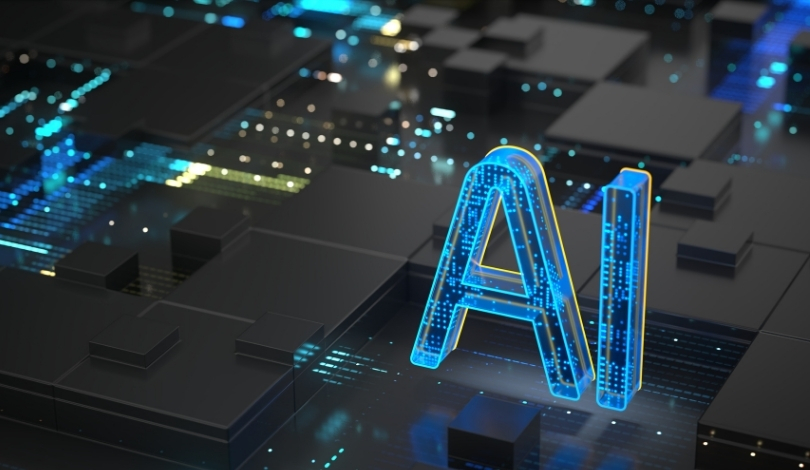OpenAI, a key player in the AI industry, is currently grappling with significant internal conflicts and external scrutiny. The company’s practices and the potential dangers associated with its technology have drawn criticism from various fronts. As the AI revolution progresses, the internal turmoil at OpenAI highlights the growing challenges and ethical dilemmas in the field.
Launched in 2023, GPT-4o is OpenAI’s latest model, designed to enhance human-like text generation and interaction capabilities. It boasts advanced language understanding and generation features, intended to improve various applications from customer service to creative writing. The model was unveiled during OpenAI’s Spring Update event, receiving mixed reactions due to its hailed improvements and the surrounding controversies.
The recent departure of Jan Leike, formerly the head of OpenAI’s “super alignment” team, has shed light on the internal disagreements within the company. Leike, who left in May, cited disputes over security measures, monitoring practices, and the prioritization of high-profile product releases over safety as reasons for his exit. This departure has prompted former board members to allege psychological abuse against CEO Sam Altman and other leaders within the company.
Internal and External Concerns
These internal conflicts come as generative AI technology, including models like GPT-4o, faces growing scrutiny for potential risks. Critics warn of AI surpassing human capabilities, job displacement, and its use in misinformation campaigns. This has led to heightened concerns about the ethical and societal impacts of advanced AI systems.
In response, a coalition of current and former employees from top AI firms, including OpenAI, Anthropic, and DeepMind, has issued an open letter addressing these risks. The signatories emphasize the dual nature of AI technology, which holds immense potential but also serious risks. They call for safeguards to protect whistleblowers and promote transparency in AI development.
Whistleblower Demands
– Companies should not enforce non-disparagement clauses or retaliate against employees for raising concerns.
– There should be an anonymous process for employees to report issues to boards and regulators.
– Support is needed for a culture of open criticism, protecting trade secrets appropriately.
– Companies must not retaliate against employees who share risk-related information after other processes have failed.
CEO Sam Altman has admitted feeling embarrassed by the situation but claims that OpenAI has never reclaimed anyone’s vested equity. Nonetheless, reports suggest that OpenAI has pressured departing employees to sign non-disclosure agreements to prevent them from criticizing the company, adding to the controversy.
As the AI industry continues to evolve, the situation at OpenAI illustrates the complex ethical and operational challenges facing companies at the forefront of this technology. The open letter from employees highlights a critical need for robust safeguards to ensure the responsible development and deployment of AI systems. The demands underscore a broader call for transparency and ethical considerations in AI development, which is essential for balancing innovation with societal impact.
The internal discord and external pressures on OpenAI provide a cautionary tale for other tech companies navigating the rapid advancements in AI. As AI becomes more integrated into various sectors, the need for comprehensive ethical frameworks and transparent practices becomes increasingly important. The ability to address these challenges effectively will determine the sustainability and public trust in AI technologies.










